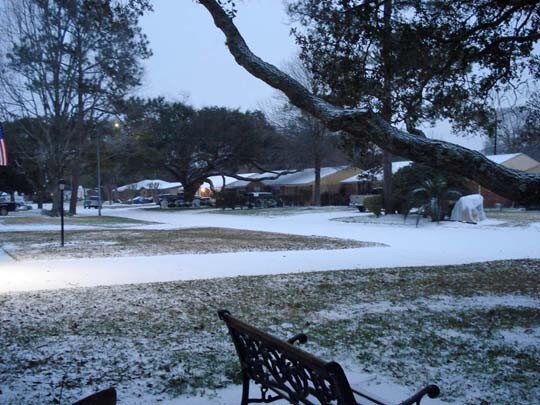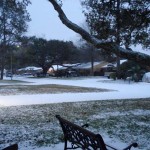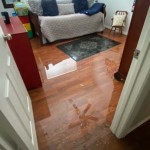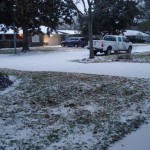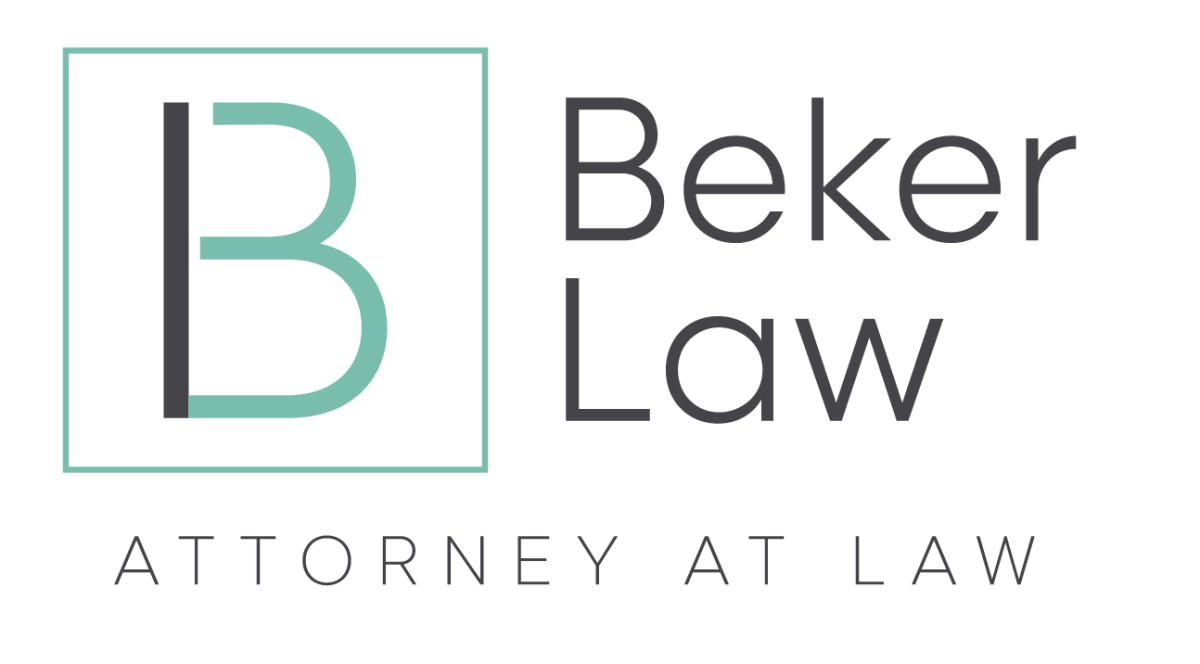"A wake-up call to many property insurance lawyers in Texas," described Plano area LeMaster & Ahmed property insurance attorney Nejat Ahmed, who recently contributed to the most recent issue of The Journal of Texas Insurance Law. "At its core it was an analysis of the recent changes in property insurance law in Texas with legal examples and precedents. And one of the main drivers of change was the massive winter storm that hit Texas in February 2021. The property losses from this single multi-day event were massive and devastating to the insurance companies. Therefore, it is no surprise that homeowner insurance policies and other property insurance policies are being 're-interpreted' and 're-defined' by the insurance companies," stated Ms. Ahmed.
Obviously property insurance companies expect policyholders to take reasonable steps to prevent and/or minimize any damage to the insured property. This expectation can take many forms of definitions and legal phrases - and that can result in plenty of debate.
Why Would A Property Insurance Claim Be Rejected?
Some property insurance claims are rejected and home insurance claims are denied for legitimate reasons. Failure to pay the insurance premiums prior to the property damage and fraud are two legitimate reasons. In addition, the home damage or property damage must be sufficiently documented. And insurance adjusters can deny claims if they feel there are suspicious circumstances or statements. Any insurance claim denial can be challenged by an insurance claim lawyer.
Property Insurance Law Challenges
Exclusions
Property insurance lawyers hired by insurance companies have increasingly used exclusions in policies to limit their liability and payments in insurance claims. Texas insurance companies have known for years that Texas homebuilders build "minimally functional" concrete slab foundations for homes. Over time many of these home foundations will crack due to settlement or upheaval. The insurance companies have specifically excluded home foundation damage that occurs over a period of time. "Some property and home insurance policies are also excluding property damage that results from frozen pipes in homes and commercial buildings. Excluding damage due to frozen pipes is currently an area of intense litigation," stated Ms. Ahmed.
Equipment Breakdown Coverage / Service Interruption
New issues and disputes are highlighted by some of the litigation resulting from the winter storm previously mentioned. Policyholders have claimed losses they have incurred from damage to the Texas electrical grid or the related operation of safety features. One policyholder has claimed losses from spoiled food and business interruption from the four-day electrical blackout. These losses are being denied by the insurance company based on their argument that its insurance coverage only applied to physical damage to the insured's off-premises electrical plant and equipment. The insurance company has also stated that the policyholder suffered no "physical damage." The insurance policy of the company did not define "physical damage." This specific dispute and others are being litigated.
Scope and Cost Disputes and Appraisal
Exactly what is covered in a home insurance policy or commercial insurance policy will always be an area of some dispute. But after the massive winter storm damage across the state of Texas this area of dispute has become hotly debated. And the cost to repair or replace billions of dollars of damaged property has also become an area of intense disagreement. However, previous experience has resulted in appraisal provisions in insurance contracts when cost estimates are in dispute.
What Happens If An Insurance Claim Gets Denied?
Any insurance claim denial can be challenged by the policyholder. Sometimes smaller dollar amounts are settled with mediation. Larger disputes are usually handled by property insurance lawyers. They have the knowledge and expertise to fight for a fair and equitable settlement.
Nejat Ahmed is a founding member of LeMaster & Ahmed PLLC. She focuses her practice on litigation of complex insurance coverage issues and first-party bad faith disputes involving commercial and residential property claims.
